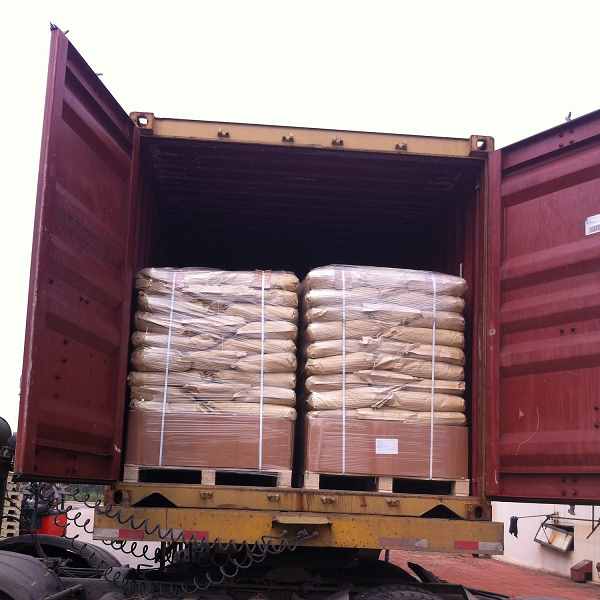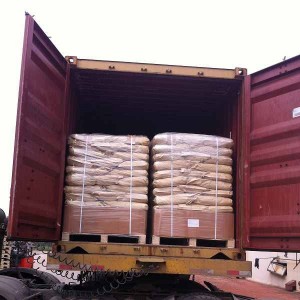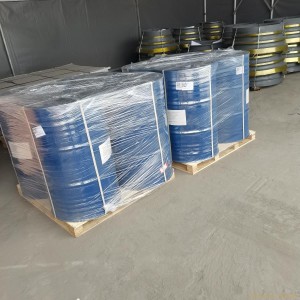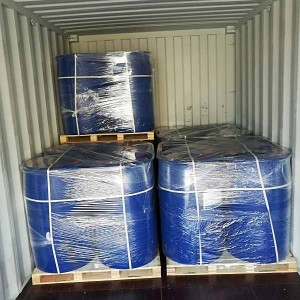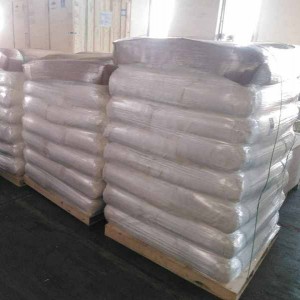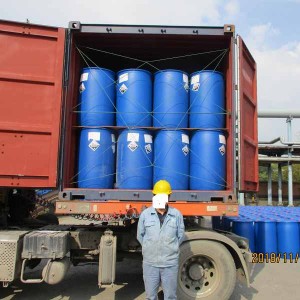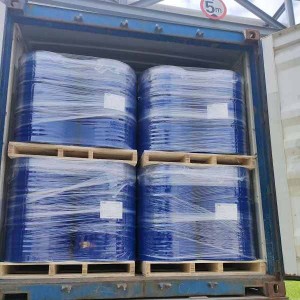CAS 1302-78-9 Bentonite
Bentonite CAS 1302-78-9 is a non-metallic mineral mainly composed of montmorillonite. The montmorillonite structure is a 2:1 type crystal structure composed of two silica tetrahedra sandwiched with a layer of aluminum oxide octahedra. Due to the layered structure formed by montmorillonite crystal cells, there are certain cations, such as Cu, Mg, Na, K, etc., and their interaction with montmorillonite crystal cells is very unstable, which is easy to be exchanged by other cations, so they have good ion exchange properties. Abroad, it has been applied in more than 100 departments in 24 fields of industrial and agricultural production, with over 300 products, hence people call it “universal soil”.
Bentonite is also known as bentonite, bentonite, or bentonite. China has a long history of developing and using bentonite, which was originally only used as a detergent. There were open-pit mines in the Renshou area of Sichuan hundreds of years ago, and the locals referred to bentonite as clay powder. It is truly widely used but only has a history of over a hundred years. The earliest discovery in the United States was in the ancient strata of Wyoming, where yellow green clay, which can expand into a paste after adding water, was commonly referred to as bentonite. In fact, the main mineral component of bentonite is montmorillonite, with a content of 85-90%. Some properties of bentonite are also determined by montmorillonite. Montmorillonite can appear in various colors such as yellow green, yellow white, gray, white, and so on. It can form dense blocks or loose soil, with a slippery feeling when rubbed with fingers. After adding water, the volume of small blocks expands several times to 20-30 times, appearing in a suspended state in water, and in a paste state when there is little water. The properties of montmorillonite are related to its chemical composition and internal structure.
Chinese name: Bentonite
Foreign name: bentonite
Nickname: Bentonite; Soap soil, porphyry
CAS number: 1302-78-9
Density: 2-3g/cm3
Boiling point: 381.8 ° C at 760 mmHg
Flash point: 184.7 ° C
Application
The properties of montmorillonite are closely related to the types of exchangeable cations between layers. According to the types of main exchangeable cations between layers, montmorillonite is usually divided into calcium montmorillonite and sodium montmorillonite.
Montmorillonite has adsorption and cation exchange properties, which can be used to remove toxins from edible oils, purify gasoline and kerosene, and treat wastewater; Due to its excellent water absorption and expansion properties, as well as dispersibility, suspension, and slurry making properties, it is used in drilling mud and flame retardant (suspension fire extinguishing); It can also be used as a filler in the paper industry to optimize the performance of coatings, such as adhesion, covering power, water resistance, washing resistance, etc; Due to its excellent adhesion, it can be used as a substitute for starch in yarn sizing in the textile industry, which not only saves grain but also does not cause fuzzing, and does not emit unpleasant odors after paddling. It is truly a win-win situation.
Overall, the properties of sodium montmorillonite (or sodium bentonite) are better than those of calcium.
Bentonite (montmorillonite), due to its excellent physical and chemical properties, can be used as a purification and decolorization agent, binder, thixotropic agent, suspension agent, stabilizer, filler, feed, catalyst, etc. It is widely used in agriculture, light industry, cosmetics, pharmaceuticals, and other fields. Therefore, montmorillonite is a widely used natural mineral material.
Bentonite can be used as waterproof materials, such as bentonite waterproof blankets, bentonite waterproof boards, and their supporting materials, which are laid using mechanical fixation method. Applied to underground environments with pH values ranging from 4 to 10, modified bentonite should be used in environments with high salt content, and should be tested and qualified before use.
ChemicalCAS.com offers price quotation and technology support of chemical from China. In the quotation from China factory supplier, we will include price terms, payment, lead time, COA, TDS, MSDS etc. We make sure the reliable purchase source and product quality. If you need to buy chemical from China, please feel free to contact sales@chemicalcas.com






